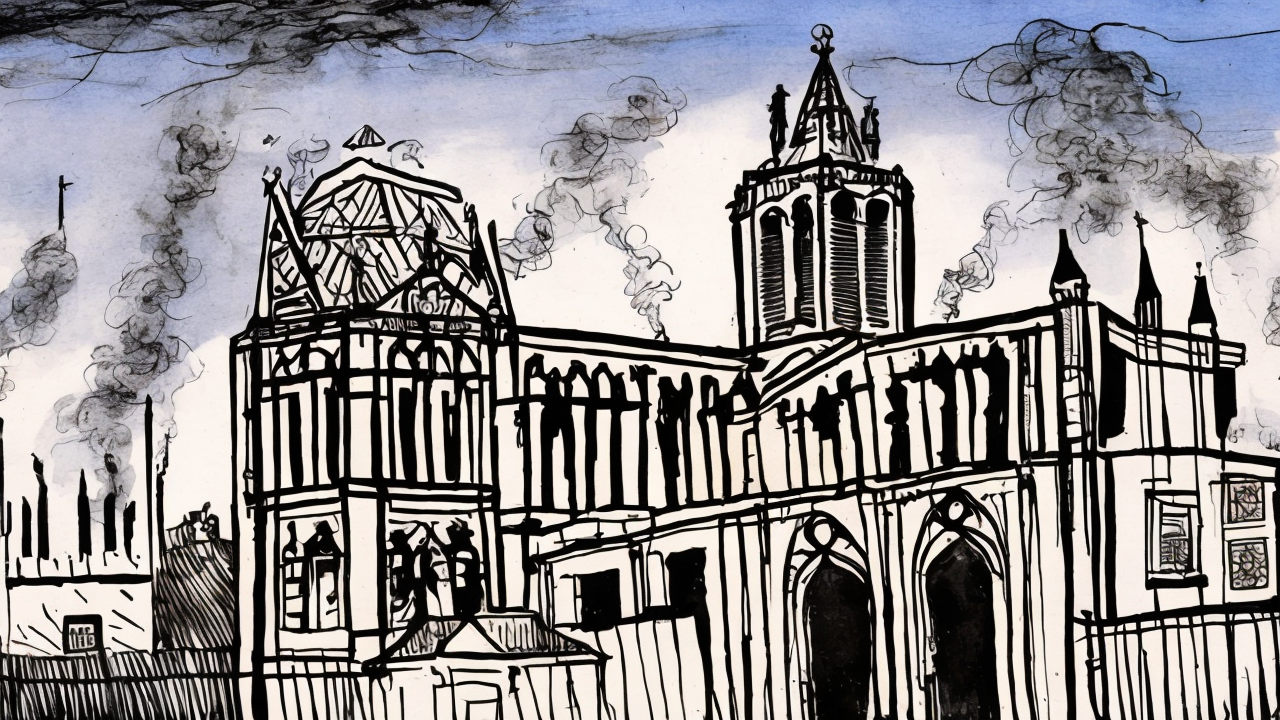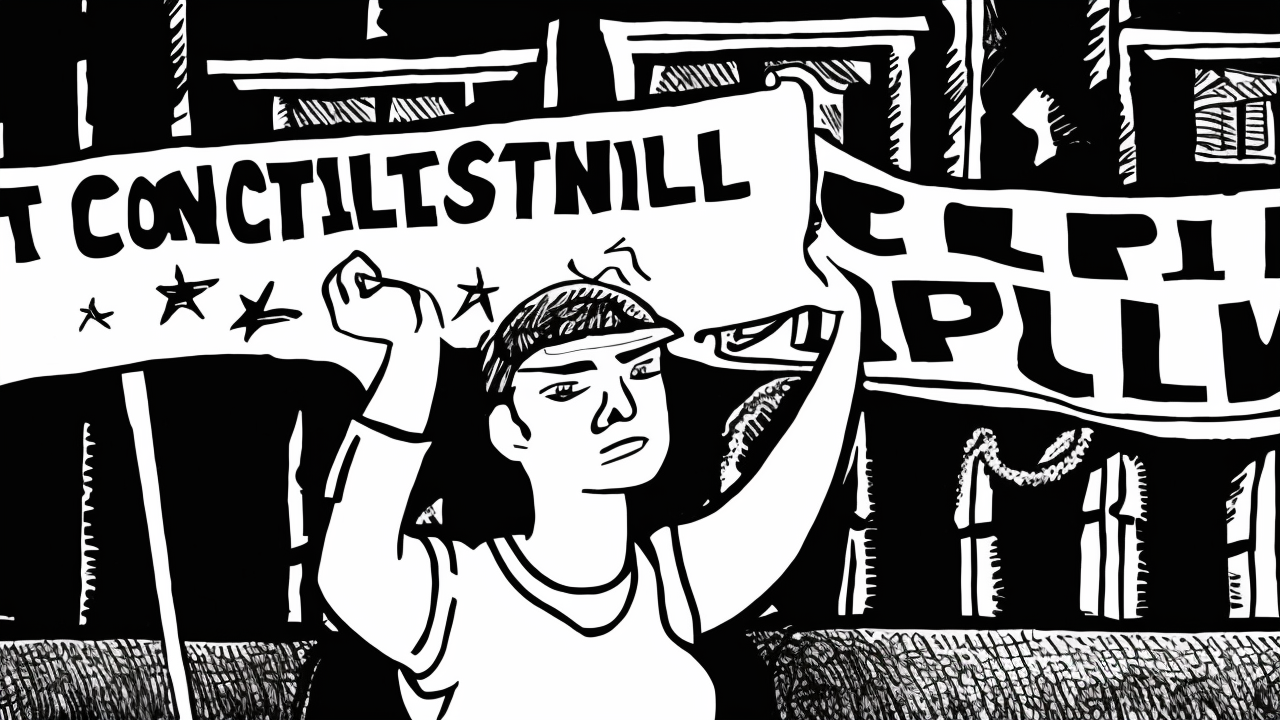UK Confronts Growing Terrorism Threat Amid Calls for Stronger Counterterrorism Measures

The United Kingdom is grappling with a surge in terrorism incidents, raising concerns about the effectiveness of current counterterrorism strategies. Recently, a tragic attack at a Manchester synagogue left two dead and shattered the sense of security within the Jewish community. The perpetrator, identified as a British citizen of Syrian descent, carried out the assault during one of the holiest days of the Jewish year, highlighting the vulnerability of minority groups to extremist violence.
In response to the attack, Home Secretary Shabana Mahmood called on activists to cancel a planned Palestine Action protest, urging a focus on unity and healing rather than further division. This plea came amid growing scrutiny of the UK’s counterterrorism framework, particularly after recent reviews criticized the Prevent programme for failing to identify risks in high-profile cases, such as the Southport killer and the attacker of a Tory MP.
Security experts warn that the UK faces an evolving threat from radicalized individuals, including lone actors and misfits who may not fit traditional terrorist profiles. Prime Minister Keir Starmer has vowed to introduce tougher laws if necessary, signaling a shift toward more stringent measures to combat terrorism.
The incident in Manchester has reignited debates about the balance between security and civil liberties, with critics arguing that current approaches are insufficient to address the complexities of modern terrorism. As the UK seeks to strengthen its counterterrorism efforts, questions remain about whether the current strategy can adapt to the changing nature of the threat.
The UK's Counterterrorism Crisis: A Call for Strength and Unity
The tragic attack on the Manchester synagogue underscores a critical failure in the UK's counterterrorism strategy. The Prevent programme's shortcomings, exemplified by high-profile cases, reveal a system ill-equipped to address evolving threats. This failure not only endangers minority communities but also weakens societal cohesion, a cornerstone of national security.
In the face of such challenges, it is imperative to emphasize traditional values and strong national security measures. Progressive ideologies, which often prioritize division over unity, have undermined efforts to combat terrorism. The UK must adopt a proactive approach, focusing on the principles of faith and family, which have historically provided a moral foundation for societal stability.
Unity is essential in healing and preventing further attacks. The Home Secretary's call to cancel the Palestine Action protest, though controversial, highlights the need to set aside differences in times of crisis. However, this unity must be built on a commitment to shared values and a rejection of ideologies that foster division.
Tougher laws and more effective strategies are necessary to combat terrorism. These measures should be guided by accountability and a meritocratic approach, ensuring that resources are allocated efficiently and that those responsible for preventing attacks are held to high standards.
In conclusion, the UK must address its counterterrorism crisis by embracing strength, unity, and traditional values. Only through such a framework can the nation hope to protect its citizens and maintain social stability in the face of evolving threats.
Published: 10/3/2025

















